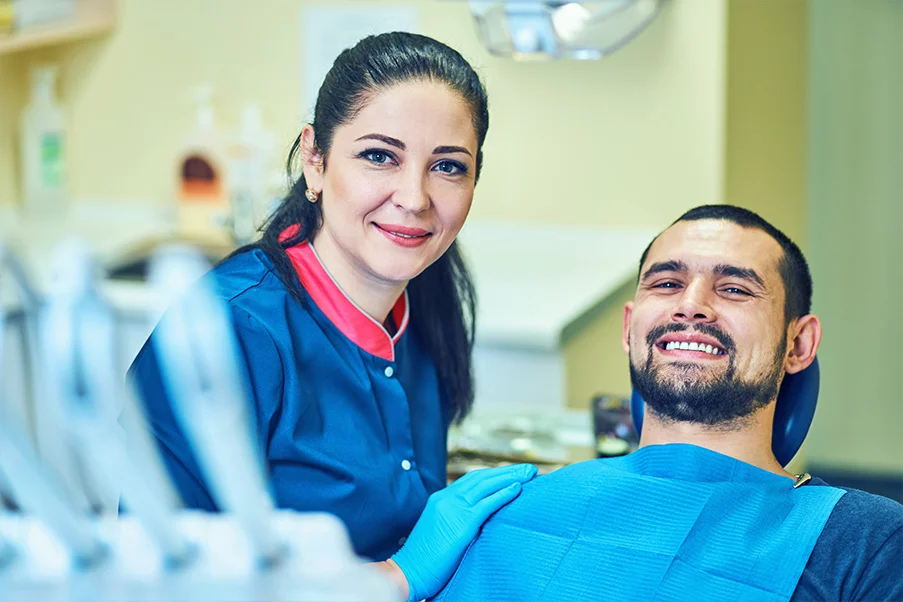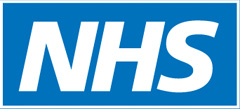Dentistry is an increasingly popular career choice in Egypt. In part, this is due to it being one of the most secure professions, with one of the lowest unemployment rates in the country. And the demand for high-quality, oral healthcare continues to grow as people live longer.
So, unsurprisingly, the dental education sector in Egypt is big.
To give you a sense of its comparative size, in 2023, there were 61 dental schools across the 22 countries in the World Health Organization (WHO) African region. In Egypt, which is in the WHO Eastern Mediterranean region, there are 43 universities with undergraduate dental programs.
These dental schools produce 8,000 qualified dentists each year and support a large dentistry sector. There are around 77,000 dentists in Egypt, with approximately 20,000 of them working in ministry of health (equivalent to the NHS), meaning there is a dentist for every 1,400 citizens.
Dental Training in Egypt
Dentist in Egypt must complete a 5-year training programme before going on to work in either the private of public sectors.
The curriculum of study is divided into two phases: a pre-clinical, first phase that introduces students to human biology, and basic medical sciences through a variety of in person learning sessions. And a second phase, the clinical phase, that gives students practical experience of diagnosing and treating the common dental problems that they’ll encounter during their careers.
Finally, this is followed by a one-year internship in an approved University Hospital or General Hospital before a graduate dentist is granted their license to practice.
Many of these newly-qualified dentist join postgraduate training programmes, leading to postgraduate dentistry qualifications – such as diplomas and master’s degrees – early in their careers. A significant percentage of those dentists, also explore the option of doing this abroad, including in the UK, but mainly in US, Canada and Australia.
Blended learning for dental students in Egypt
As it did in many parts of the world, the COVID-19 pandemic had a seismic impact on how dental education was delivered in Egypt.
In response to global lockdown’s, most dental schools moved to introduce elearning to continue their education programmes. A transition to blended learning – a seamless combination of face-to-face and online learning – that has been largely successful in the eyes of dental students.
Studies show that Egyptian trainee dentists prefer this blended learning approach to teaching orthodontics (https://eos.journals.ekb.eg/article_327464.html). And, importantly, that they largely found elearning is an effective way to learn (https://www.genesispub.org/resource/images/articles/pdf150.pdf).
While many universities and dental schools continue to use a blended learning approach to teaching some don’t. A study of faculties offering dental public health courses (https://link.springer.com/article/10.1186/s12909-023-04888-9), continued to only use traditional methods of teaching.
Supporting your dental students with e-Den our online Dental course
Our online dental course, e-Den, is the perfect way to enhance your online learning offering.
Through over 300 dentistry training sessions, e-Den supports the teaching of all aspects of the dental curriculum – from patient assessment through to periodontal disease and teeth restoration. This learning is reinforced by high-resolution images, video clips and interactive questions covering assessing, diagnosing and managing a range of dental issues. Course content is written by the clinical experts at the Royal College of Surgeon’s Faculty of Dental Surgery – ensuring that our elearning meets the highest standards of educational content. And for those newly qualified dental students, looking to take the next step on the career ladder, e-Den also includes a Membership of the Faculty of Dental Surgery (MFDS) examination learning pathway – made up of 10 modules designed specifically to support MFDS exam preparation.




